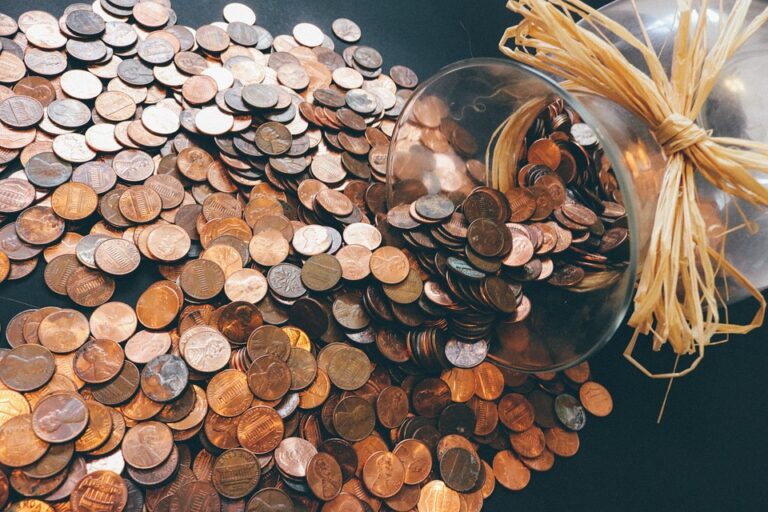Last updated Jan. 26, 2025 by Charles Zemub
Purchasing a home is a significant milestone for many individuals and families, symbolizing stability and financial achievement. One of the key components to successfully navigating the home-buying process is understanding the role of your credit score. A credit score can influence not only your ability to secure a mortgage but also the interest rate on your loan, ultimately affecting your monthly payments and the overall cost of the home. This article explores the average credit scores needed to buy a house, the factors affecting credit scores, and tips for improving your credit score in preparation for purchasing a property.
Importance of Credit Scores in Home Buying
Your credit score is like your financial report card. It is a numerical representation of your creditworthiness and gives lenders an idea of how likely you are to repay borrowed money. When it comes to buying a house, lenders use your credit score to determine your eligibility for a mortgage and the interest rates you will be offered. Generally, a higher credit score results in better mortgage terms.
Lenders typically consider the FICO score, which ranges from 300 to 850. The higher your score, the more favorable the loan terms you can expect. Understanding your credit score, and the averages typically needed to secure a mortgage, empowers you with the knowledge to improve your credit standing and optimize your borrowing potential.
Average Credit Score to Buy a House
While the specific credit score needed to buy a house can vary depending on the lender and type of mortgage, some general benchmarks can guide prospective buyers. According to a 2020 report by the Federal Reserve Bank of New York, the average credit score for newly originated mortgages was around 753. However, this does not mean you need a score this high to purchase property.
For conventional loans, which are not backed by the government, lenders typically prefer a credit score of at least 620. However, borrowers with scores closer to 740 may access significantly better terms. On the other hand, for government-backed loans such as FHA (Federal Housing Administration) loans, the required credit score may be lower. For instance, an FHA loan may be obtained with a score as low as 500, though lenders usually look for scores starting at 580 to qualify for a smaller down payment.
Factors Affecting Your Credit Score
Several factors contribute to your credit score:
-
Payment History (35%): This is the most critical factor and considers whether you have paid past credit accounts on time. Late payments can have a substantial negative impact on your score.
-
Amounts Owed (30%): This factor measures the total amounts of credit and loans you are using compared to your total credit limit. A high credit utilization ratio can lower your score.
-
Length of Credit History (15%): This component looks at how long your credit accounts have been open. Generally, a longer credit history benefits your score.
-
Credit Mix (10%): Having a variety of credit types, such as credit cards, retail accounts, installment loans, and a mortgage, can positively influence your score.
- New Credit (10%): This gauges how many new accounts you have and their recency. Opening several credit accounts in a short period can be seen as risky behavior and potentially lower your score.
Tips for Improving Your Credit Score
Improving your credit score requires time and discipline, but even small adjustments can significantly affect your score over time.
-
Pay Bills on Time: Consistent, on-time payments are crucial. Consider setting up automatic payments or calendar reminders to ensure you don’t miss due dates.
-
Reduce Debt: Focus on lowering the extent of your owed amounts, particularly high-interest debts, which can improve your credit utilization rate.
-
Avoid New Credit Lines: Refrain from applying for multiple new credit accounts in a short time because it can diminish your score and appear risky to lenders.
-
Diversify Your Credit Mix: If possible, manage a mix of both revolving credit (like credit cards) and installment credit (like a car loan) to positively impact your score.
- Review Your Credit Report: Annually, review your credit report for errors or unauthorized accounts that could negatively impact your score. Dispute any inaccuracies promptly.
How Your Credit Score Affects Mortgage Interest Rates
While you might be able to secure a mortgage with a lower credit score, recognize that borrowers with higher scores are generally offered lower interest rates. The difference in rate may not seem substantial but can accumulate significantly over the life of a loan. For instance, a 30-year mortgage of $250,000 might differ by tens of thousands of dollars in interest payments alone, based solely on the interest rate, which is directly linked to your credit score.
Short Answer
✓ Short Answer
The average credit score needed to purchase a house can vary depending on the type of loan and lender requirements. Generally, a score of 620 is the standard minimum for conventional loans, whereas government-backed loans, like FHA, may require lower scores, starting around 580. Scores closer to 740 consistently yield better mortgage rates and terms. Factors such as payment history, amounts owed, and the length of credit history all influence your credit score. To improve your score, ensure timely bill payments, reduce debt, refrain from opening new credit lines, and regularly monitor your credit report for accuracy.
FAQs
1. What is the minimum credit score required to buy a house?
The minimum credit score for a conventional mortgage is typically around 620, while FHA loans may accept scores as low as 500, though a lower score may require a larger down payment.
2. How can I check my credit score?
You can check your credit score through credit bureaus such as Equifax, Experian, and TransUnion, or use services that offer free credit score checks like Credit Karma or AnnualCreditReport.com.
3. What steps can I take to quickly improve my credit score?
Promptly pay all bills, reduce debt to improve your credit utilization ratio, avoid applying for new credit accounts, and regularly check your credit report for errors that may hurt your score.
4. Can I buy a house with no credit score?
It is challenging to secure a mortgage without a credit score, though some lenders may offer alternative verification methods, such as reviewing rent and utility payment histories, to assess your creditworthiness.
5. How does a high credit score benefit my mortgage process?
A higher credit score can secure lower interest rates, reducing monthly mortgage payments and overall loan costs, enhancing your home-buying affordability and options.
By understanding and managing your credit score, you can better position yourself for successful homeownership, securing the best possible terms for your mortgage.







